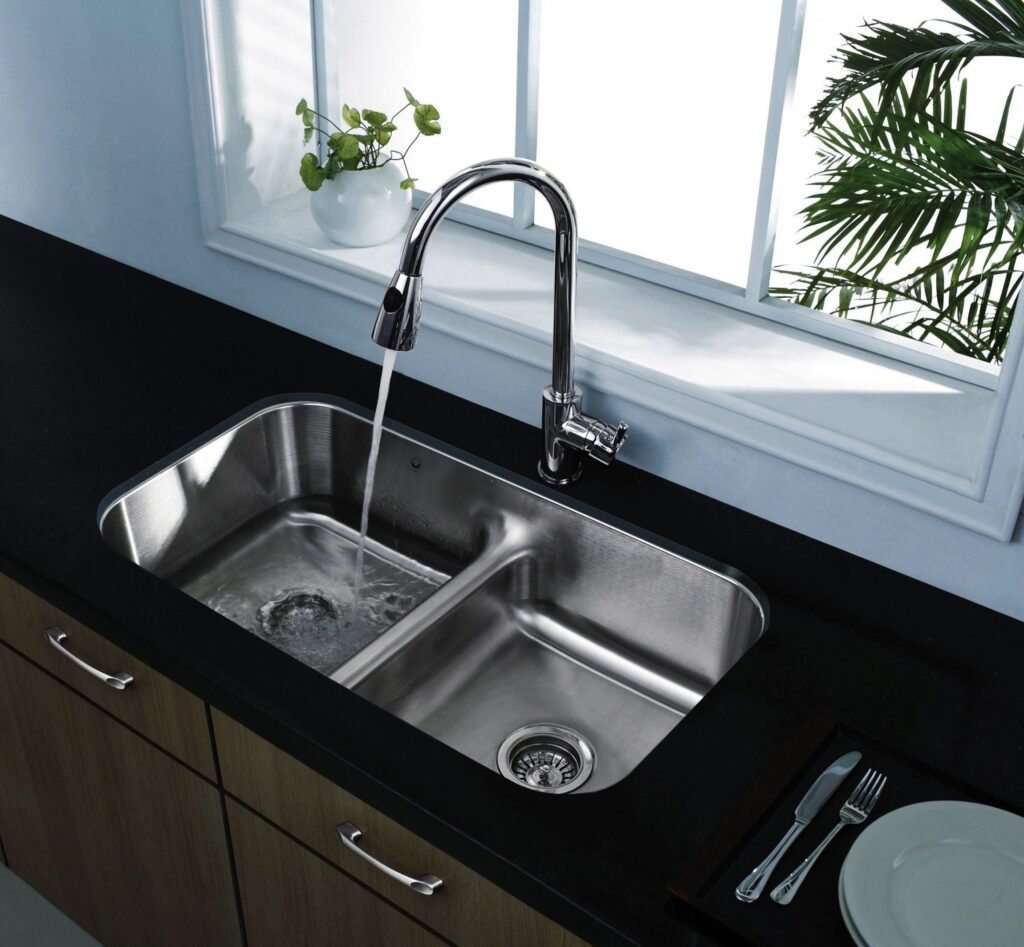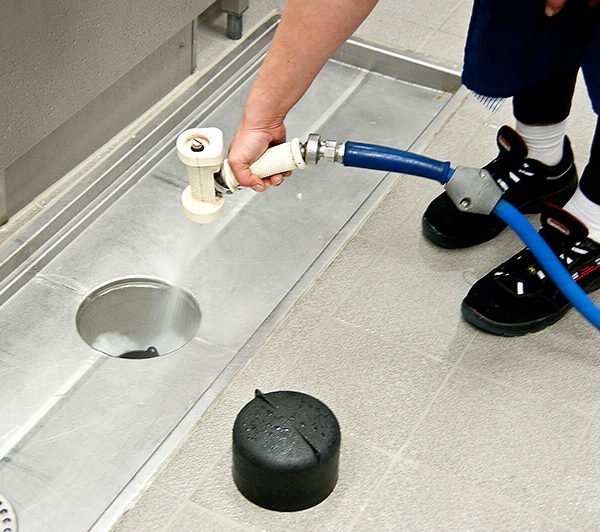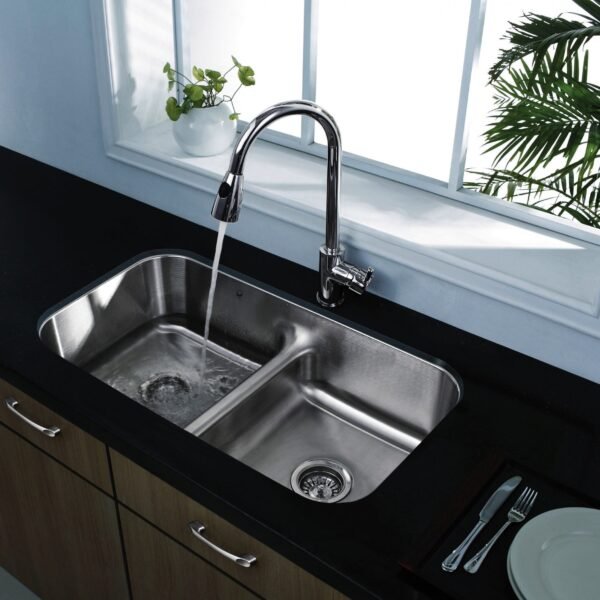Although it is not an easy job, cleaning out your kitchen sink should be non-negotiable. While many of us may think of this as an “automatic task,” this is far from the truth. The reality will depict how your sink holds all the grime and leftover residue of your food history. Also, if you have not been able to place that funky smell exuding from your kitchen, there is a good chance that the culprit is your sink. Now that you have been sufficiently warned of the silent horrors neglecting this task may result in, let’s dive into some ways you can resolve these problems.
Currently, your advantage is that you have already begun this journey by researching, “How to clean kitchen sink drain,” that is the first step. Next, you will need to exercise self-honesty to determine the severity of your sink’s state. Although it may not feel like it, it is okay to start from wherever you currently are. Simply begin anew with a few preparation techniques and tools and let’s get right into it!
Prepare Your Sink To Save Yourself The Hassle
Now, you might want to merely rip the bandage off when it comes to this job. However, this approach will only create bigger problems for you during the process. Kitchen sink drain cleaning requires a clean surface to begin an efficient and effective process. So, take some time and make sure your sink holds the absence of any cutlery, food residue, or dish racks. Trying to clean this space while it is occupied- with all sorts of obstacles will make the procedure take a lot longer than needed. Also, if you are easily grossed out by touching unfamiliar textures, this step should be well-known to you.
Furthermore, ensure that the necessary tools needed are close to your reach and ready to use. Whether this includes chemical cleaning solutions, a rag, sponges, coarse sea salt or ice cubes, etc. You do not want to drip water or touch the appliances in your kitchen with your hands during this process. This principle is similar to that suggested in cooking. If you take the time to prepare yourself for what lies ahead, the instructions to complete your journey will not seem as impossible as they initially did.
Clean Your Sink Before Focusing On The Specifics
This procedure must be holistic and this stage of the process proves that reality. You would not feel successful cleaning your bathroom drain only for it to be surrounded by a dirty floor, yes? The same parallel applies to your kitchen sink. This is especially true if you have a stainless-steel sink. Such material tends to hold onto more rust or strain than alternative options- such as white kitchen sinks.
You see, you shouldn’t use strong cleaning chemicals on your stainless steel sink as these may react to the matter and alter it fully. These supplies can include bleach and strong scrubbers. Instead, you would be advised to utilize organic materials such as baking soda and a few drops of dish soap. Of course, the measurement of this slurpy will depend on the severity of your sink’s condition. After you have coated the surface with your concoction, rinse and dry off your sink (preferably, with hot water).
Moving Onto The Neck Of The Sink
Now, while the anatomical picture may seem disturbing to some, it is accurate to the importance of your sink drain. Thankfully, clearing this out should not require too exotic of materials. If you were to consult good-quality cleaning services such as Acme Sewer and Drain Cleaning, you would be advised to look no further than your kitchen cabinets. Once more, you may be directed to making a fifth-grade science mixture! Mix baking soda and vinegar with a 1:2 ratio- in that respect- and pour it down your drain. You will need to wait for, approximately, 10 to 15 minutes to hear the magnificent sizzling sound of your experiment. This technique is renowned for also being a cure for any funky smells emitting from your drain.
Lastly, add boiling water to clear away any residue of your slurpy and enjoy your newly cleaned kitchen sink drain. Moreover, if you would like to enjoy a fresher aroma than vinegar, try filling in your garbage disposal with ice cubes, lemon wedges and coarse salt. Then, turn on your disposal and watch the ice cubes disappear only to leave a pleasant smell floating around your sink.
Final Thoughts
While cleaning out your kitchen sink can seem like a strenuous or “gross” task, it is an important one contributing to your overall kitchen hygiene. Once you get into the rhythm of things, it will merely be another job that needs to be done. Hopefully, with the points above, you have a better position to get started!




